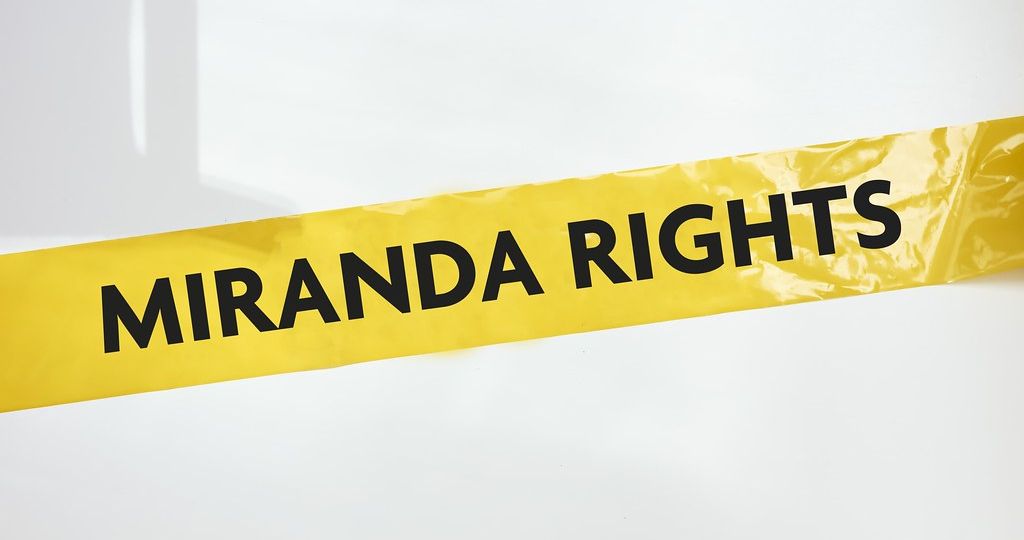
Miranda references the U.S. Supreme Court case of Miranda v. Arizona, which was decided by the U.S. Supreme Court in 1966. You should care about Miranda because it keeps you from being compelled to incriminate yourself when the police try to question you.
The Fifth Amendment to the U.S. Constitution states that no person “shall be compelled in any criminal case to be a witness against himself.” This means, that Miranda is there to protect you from nefarious interviewing tactics of the state or federal authorities.
Miranda warnings must be given when there is “custodial interrogation.” A person is in “custody,” when there is a formal restraint on freedom of movement to a degree associated with a formal arrest. This is determined from the perspective of the “reasonable person,” i.e., would a reasonable person in the defendant’s position feel that they were free to leave. If not, then they are in custody, and Miranda applies.
What are Miranda Warnings? If you are in custody then the police or government official must inform you of these Miranda Rights:
1You have the Right to Remain Silent.
2 Anything you say can be used against you in a Court of Law.
3You have a right to have an Attorney Present
4 If you cannot afford an attorney, one will be appointed for you.
1Normally, a police officer or government agent will read these Miranda Rights to you and ask that you initial and sign them.
2 This is done to establish that you have been made aware of your Miranda rights.
3Should you be given these rights and subsequently speak with an officer or government official, then anything you say can be used against you at a later proceeding.

